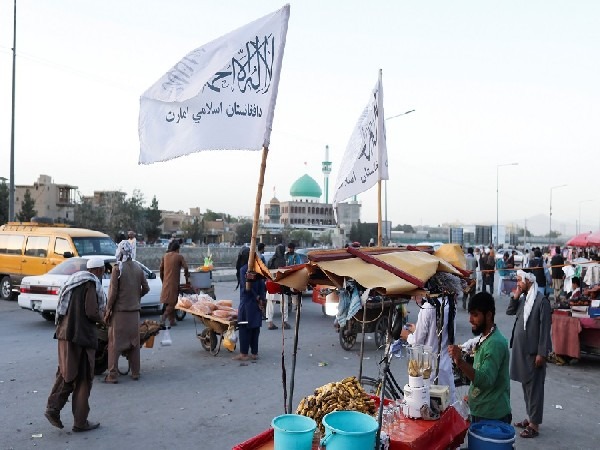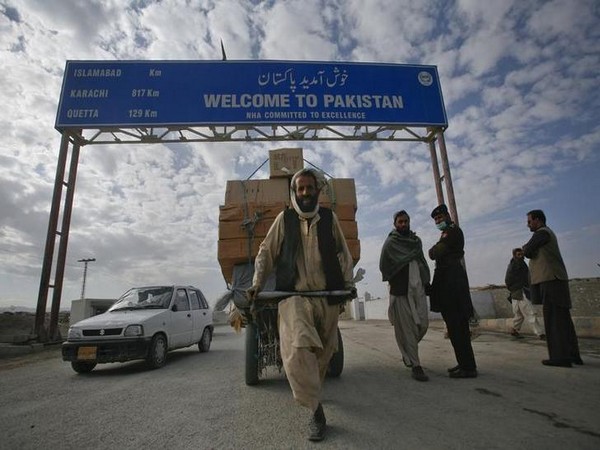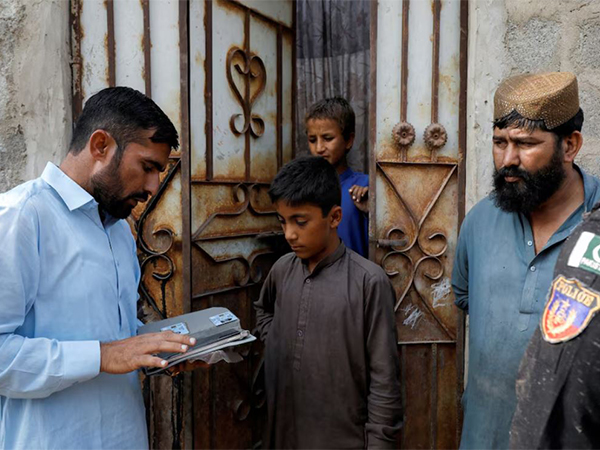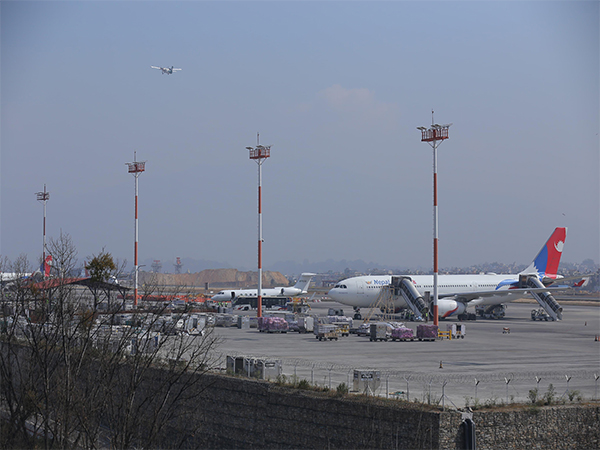
Kabul [Afghanistan], January 24 (ANI): As Afghanistan continues to face a severe humanitarian crisis under the Taliban regime, the United Nations Office for the Coordination of Humanitarian Affairs in a report said there is a very real risk of systemic collapse and humanitarian catastrophe in the country as the citizens are grappling with hunger, poor economy, lack of basic amenities, all at once.
According to the report, 6 million people will experience food insecurity at an emergency level by 2023, putting 17 million people at risk of severe hunger, Afghan news agency TOLOnews reported.
Additionally, the humanitarian crisis is reversing many of the gains of the last 20 years, including women’s rights, OCHA said. “Deterioration is expected in the first quarter of 2023 due to the simultaneous effects of winter and the lean season, sustained high food prices, reduced income and unemployment and continued economic decline,” the report added, according to the Afghan news agency.
Moreover, in recent times, harsh winters have taken a toll on the lives of Afghans who already lack resources to fend for daily essentials in the Taliban-ruled country. “I earn 100 Afs every day and it cannot meet any demand. I have not bought anything for the winter so far,” said Ahmad, a Kabul resident, as he lamented over the deteriorating humanitarian situation in Afghanistan. “I have only four blankets. There is nothing to eat or wear,” another Kabul resident said.
According to the report of OCHA, the previous administration’s fall from power caused the suspension of direct international development assistance, which had previously accounted for 75 per cent of all public spending, including the upkeep of the public health system, TOLOnews reported.
Since the Taliban took control of Afghanistan, the country is under a severe economic as well as humanitarian crisis. Despite the assistance, Afghanistan’s poverty, malnutrition, and unemployment rates are still at their peak. (ANI)
















